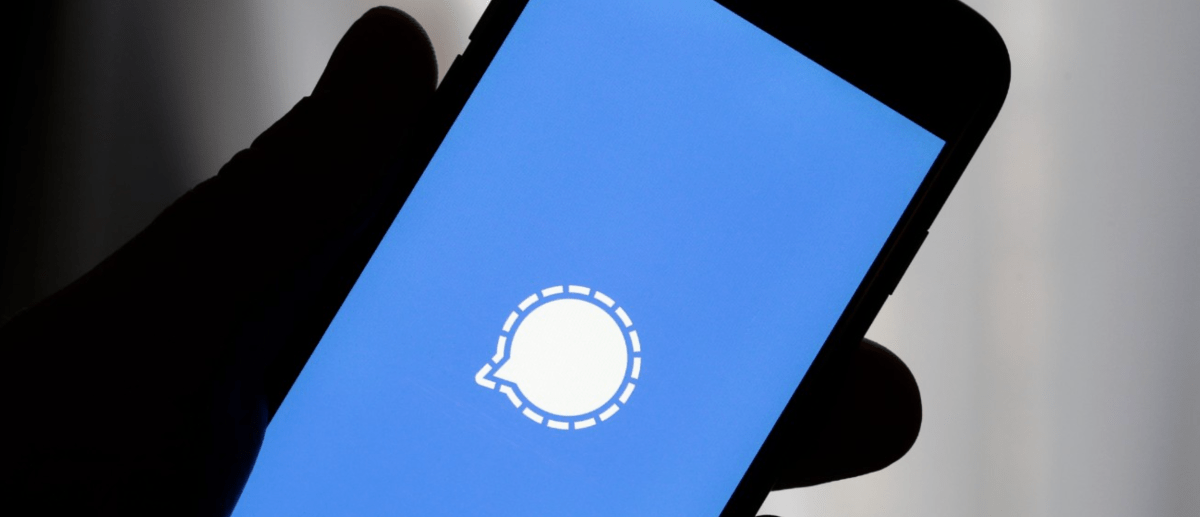The encrypted messaging app Signal has recently attracted significant attention. Senior officials in the Trump administration, including Vice President J.D. Vance and Secretary of Defense Peter Hegseth, utilized the app to discuss plans for an attack on the Yemeni Houthis. Remarkably, Atlantic editor-in-chief Jeffrey Goldberg was erroneously added to the group chat, allowing him access to these sensitive discussions, which he later published.
Signal itself functioned correctly and did not contribute to the breach. The error stemmed from a user inadvertently adding a journalist to a chat concerning U.S. military strategy, highlighting a lapse in adherence to government security protocols.
Following the publication of the Atlantic’s report, global downloads of Signal on iOS and Google Play increased by 28% from the daily average of the past month, according to app intelligence firm Appfigures. In the U.S., downloads surged by 45%, and in Yemen, they rose by 42%. Signal’s ranking among social media apps in Yemen jumped from No. 50 to No. 9.
Signal did not provide any comments to TechCrunch regarding the incident. The app’s communications are end-to-end encrypted, ensuring that only participants in a chat can view the messages—Signal personnel cannot access user conversations. However, Signal is designed as a consumer product for secure messaging rather than a secure means for government military communications.
While Hegseth claimed that “no war plans” were discussed in the Signal chat, the Atlantic published messages indicating that Hegseth shared details about the timing of attacks and the weapons and aircraft involved.
As of Thursday, an investigation into this significant security breach by the government remains ongoing.
